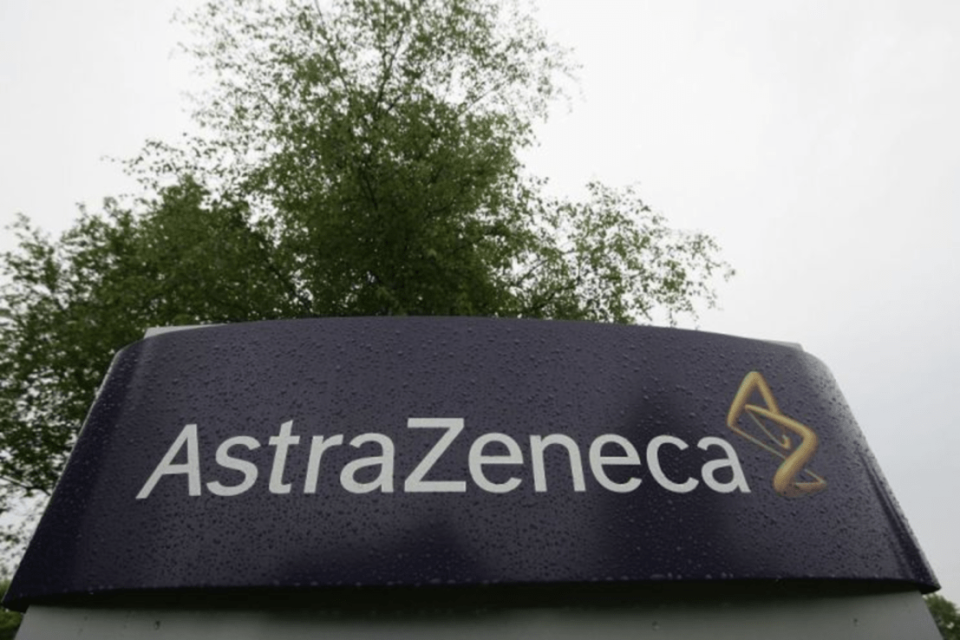UK less ready for next pandemic than before Covid – Oxford vaccinologist

The UK’s state apparatus is less prepared to deal with a pandemic today than it was before Covid, one of the vaccinologists in charge of the Oxford Astrazeneca vaccine rollout has warned.
Dr. Adam Ritchie of the University of Oxford, who played an integral role in developing the innovative biomedical technology that enabled the rapid scaling up of the UK-made vaccine across countries and continents, said the mothballing of an Oxfordshire-based vaccine manufacturing centre has set the country back in its preparedness to deal with the next pandemic.
Speaking to City A.M. after his technology was nominated for the Royal Academy of Engineering’s (Raeng) MacRobert Award, Dr. Ritchie said: “It is super fair to say that the state apparatus is no better equipped [to deal with a future pandemic breakout].
“And in fact, amazingly, we may have gone backwards. Because, pre-pandemic, there was something being set up led by the government called the Vaccine Manufacturing Innovation Centre (VMIC) in South Oxfordshire.
“That was going to be built and it was going to have its own manufacturing facility to make potentially millions of doses.
“And I guess because [during Covid] things went well from a vaccine perspective, the government sold it and then it was mothballed, which was not a good thing.”
The £200m VMIC was built in 2017 as a non-profit intended to combine vaccine research and manufacturing.
But when the Covid outbreak struck, the centre wasn’t yet fully functional, leading the organisations responsible for developing the vaccine to favour other centres at Oxford University and elsewhere for their work.
It was then sold to US firm Catalent in 2022 before it was fully complete.
Dr. Ritchie added: “You obviously can’t just have a white elephant sitting there waiting for something to happen, but you also need a bit of a core state function.
“That said, from a technical perspective, we’re stronger. Crisis is the mother of innovation, and we learnt how to do things in year that ordinarily would take 5 or 10.”
He made them after he and his team, along with Astrazeneca, were nominated for the the award that is widely viewed as the most coveted in engineering, drawing comparisons to the Nobel Prize.
Commenting on the nomination, judge Alison Vincent CBE, said: “The manufacturing and scale-up of the Oxford Astrazeneca vaccine was a truly amazing collaboration. It was a multi-partner, multi-country project which delivered a vaccine in a much quicker time and at a lower cost than what we’ve seen before.”

 Yahoo Finance
Yahoo Finance 